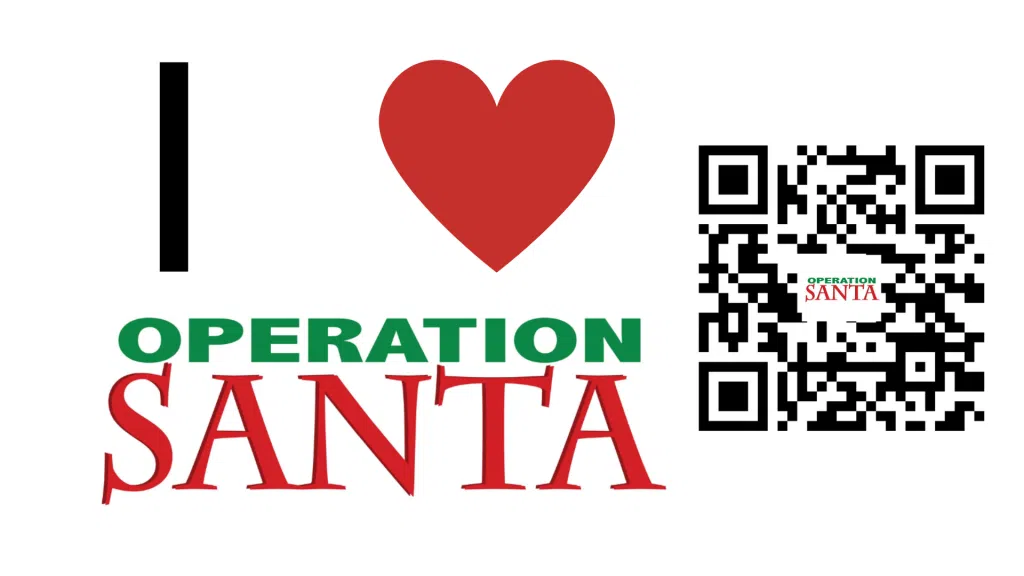
Earlier this year, a Christian non-profit organization became the successful proponent to provide management and housing services out of the former Lighthouse building, as well as take on the responsibility of operating the new emergency shelter at 210 Pacific Avenue.
In the coming months, The Mustard Seed is expected to open and operate the 40-bed emergency shelter, located inside the former Saskatchewan Transportation Company building. The emergency shelter was originally supposed to open its doors in December, but James Gardiner, the Chief Executive Officer of the Alberta-based organization, says that will not be the case. He attributes this to delays in building renovations and site preparations, and he does not know when the doors will open.
The Seed will also be the new service provider for 60 individuals at the former Lighthouse. This initiative will not provide shelter services, but instead supportive housing measures in which clients will sign a lease and pay rent.
Housing supports will be offered starting December 1st, but The Seed’s website indicates that they are already above capacity and will not be accepting new applications to the building.
The Mustard Seed operates 11 shelters in soon-to-be six western-Canadian cities. Gardiner says they provide basic needs such as shelter, meals, clothing, hygiene items, health and wellness resources, housing assistance, employment programming, and spiritual care.
He adds that within the Seed’s existing shelters, 14 per cent of their clients per month are found permanent housing.
He adds that the Mustard Seed thrives off of community engagement and donations. Lasts year, 47 per cent of the organization’s revenue came from donations, while 37 per cent came from government grants and funding.
Gardiner admits that providing services in Saskatoon will be unique compared to anything the organization has dealt with before due to the predominantly Indigenous homeless population.
He says currently, the city they serve with the highest Indigenous homeless population is Edmonton at up to 40 per cent. In Saskatoon, 91 per cent of the unhoused are Indigenous as of 2022.
“That is a new dynamic for us, so thankfully, in taking over the former Lighthouse operations, we do have established Indigenous partnerships in place, which we are going to continue on,” assures Gardiner. “We’re having dinner with folks tonight to try and build our (collection of) those that can help us in getting an Indigenous voice in to make sure that we structure our operations appropriately.”
However, he is eager to provide trauma-informed care to the unhoused people of Saskatoon. He says this will be done through “having empathy, giving people space, never feeling that they’re trapped or controlled, but being able to have open (conversations). Being able to deescalate constantly. Being able to give them the ability to move into a space when they’re ready to do it and when it is appropriate for them.”
Gardiner says in the Seed’s existing 11 shelters across western Canada, 14 per cent of their clients per month are found permanent housing.
He adds that the Mustard Seed thrives off of community engagement and donations. Last year, 47 per cent of the organization’s revenue came from donations, while 37 per cent came from government grants and funding.

























